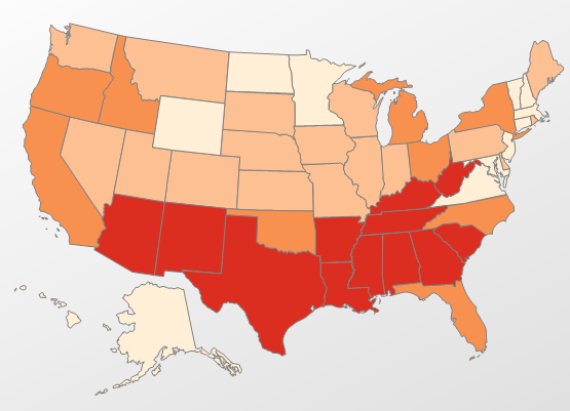by Matthew L Wald
WASHINGTON — Federal safety regulators decided not to initiate a formal investigation of problems with the ignition switches of Chevrolet Cobalts and other cars even after an investigative group reported that it knew about 29 complaints, four fatal crashes and 14 field reports that showed the problem was preventing air bags from deploying, according to a memo released by House investigators on Sunday.
A House subcommittee will open hearings on Tuesday, looking into why government investigators never realized there was a generic problem with the ignition systems of the Cobalt and other vehicles that could switch off if the key was bumped, shutting the engine and disabling the air bags.
The findings about the complaints and crashes appeared in a PowerPoint presentation dated Nov. 17, 2007, found among the 6,000 pages of documents submitted by the National Highway Traffic Safety Administration in answer to a request by the House Energy and Commerce Committee.
But officials at the safety agency’s Office of Defects Investigation, to whom the presentation was given, told committee staff investigators that “the panel did not identify any discernible trend and decided not to pursue a more formal investigation.”
'via Blog this'







